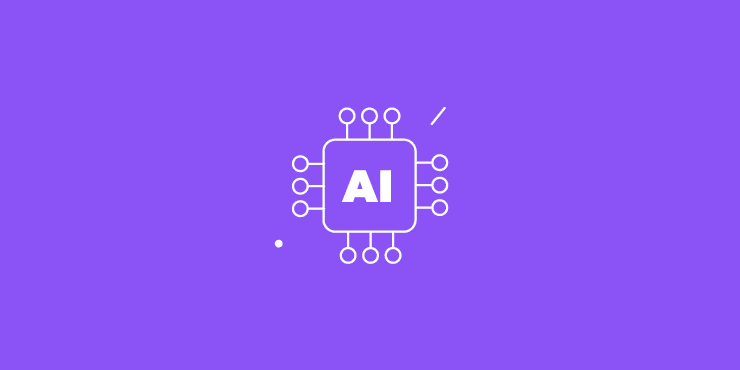Last updated on 3rd April 2024
Is AI coming for your job or is it not?
That’s what we all want to know, right?
And there’s a lot of speculation out there with regards to the possible implications of AI in the workplace, and how project managers can best prepare for an increase in this technology.
So, let’s cut through the noise and just take a look at the facts. Plus, discover ways that we can prepare for an uptick in AI usage in the project management industry.
Implications of artificial intelligence in project management
1. Job displacement
Whenever the topic of AI comes up in the workplace, job displacement is usually everyone’s top concern.
And with good reason.
But there’s no need to panic just yet, because the same report found that this new ‘robot revolution’ will create 97 million new jobs.
2. Errors and biases
While AI arguably removes the risks associated with manual errors, AI can only work with the data pools it has access to. In other words, AI is only as good as its data. And it’s likely that some errors and biases will be unavoidable.
The best way to manage this is to first be aware of the implication, and then also just be on alert for these instances occurring. By making yourself aware of these issues before implementing AI, you can ensure your team’s better prepared to handle any instances of errors or biases that arise through the management of the project lifecycle.
3. Doing too much too soon
AI technology is very ‘hot right now’. And while this can create a feeling of being left behind or FOMO if you don’t immediately implement AI into your business to help you manage projects, it’s important to make sure you don’t do too much too soon.
We think the AI tool in Project.co is a great place to start – obviously! Our AI assistant has been designed purely to help project managers speed up their work. You can use it to generate ideas and even turn those into tasks and projects, so you can spend less time on busy work.
Find out more about our powerful AI assistant here:
4. Cost and complexity
Another reason to take it slow when it comes to AI in project management is the cost and complexity involved.
If you really want to transform project management with AI then you need to invest in the right technology and the best AI tools for your use cases.
In addition, you need to ensure that everyone in your team is trained on how to use AI driven solutions correctly so that you can reach your project goals with ease.
5. Lack of a human touch
While some AI chatbots are becoming more human-like in their communications, and through a machine learning model they can learn to be even better, AI is still going to lack empathy and the emotional intelligence required in certain situations.
Depending on your business operations and the types of projects you manage, this can be a huge deal. If you work directly with clients and stakeholders, there are going to be certain aspects of your projects that only human beings can deal with.
The bottom line here is, it’s important to find a balance when utilising AI for project management.
Artificial intelligence for project managers: How to prepare
1. Always put people first
Whether it’s your clients, stakeholders, or your team members, human beings should always come before your AI software – of course!
If your team’s worried about job displacement in the near future, then reassure them that artificial intelligence is used to assist their project planning, help them automate tasks and save time, not to take their jobs.
2. Don’t dive straight in
As mentioned, artificial intelligence is definitely still in its infancy. Diving straight in and automating everything you possibly can will likely lead to multiple issues for your projects.
Plus, there are a lot of different AI tools popping up every day, especially in the project management area, so make sure you shop around to find the best one to help you manage your projects.
In addition, team training is also important when implementing any new project management tools – particularly project management AI.
As exciting as this new world of artificial intelligence can seem, remember to take your time. Only fools rush in!
3. Don’t become too reliant
Another thing you absolutely want to avoid when it comes to using AI as part of your project management process is becoming too reliant on the software. Ideally, you don’t want to become overly reliant on any software.
It’s great to use AI to your advantage – to monitor project progress and bring down project costs – but, as the project manager, you should always oversee the usage of AI where possible.
Remember, AI should be your partner, not your replacement!
4. Get ready to scale up!
With the many benefits that AI can bring for all industries, including project management, one of the best ways you can prepare is to get ready to increase your business and take on more projects.
With AI helping you to eliminate risks, optimise resource allocation, and predict which projects will be the most successful for your company, you’ll be able to streamline your processes and get more done!
Final thoughts
It’s an exciting time for AI in project management, and by making the necessary preparations now you can ensure that AI grows with your company to help you manage projects more efficiently and successfully.
For more on the topic of AI in project management, check out this article: 19 Best AI Productivity Tools.


